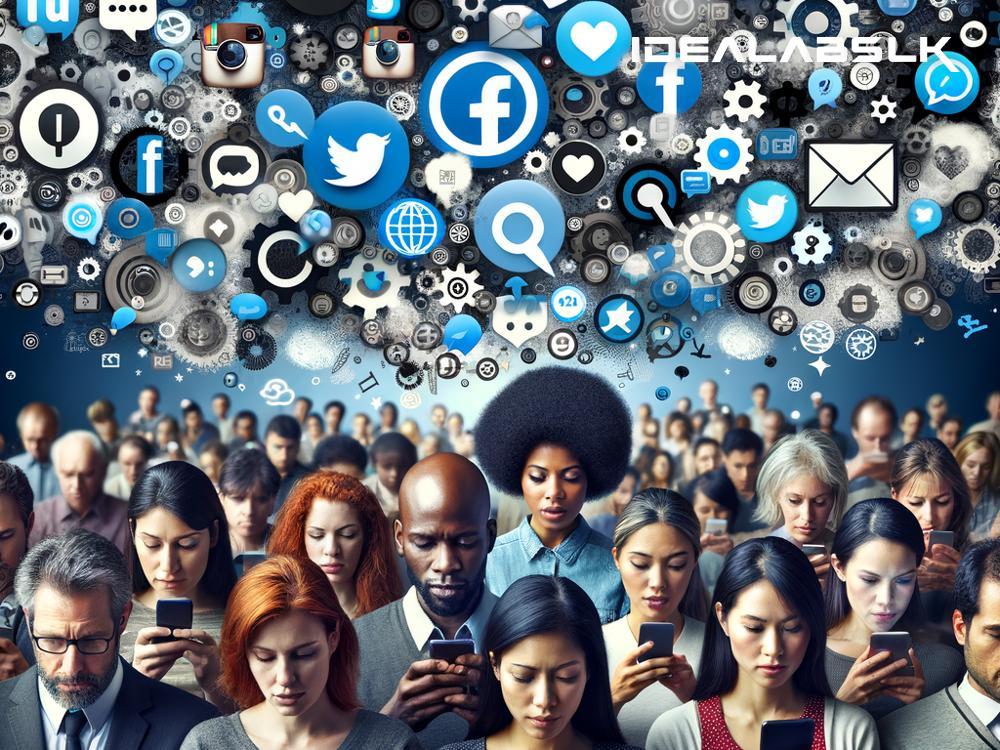The Role of Social Media in Political Movements
In today's world, social media is more than just a way to share selfies or see what your friends are up to. It's become a powerful tool for political change, connecting people from all corners of the globe and giving them a platform to voice their opinions, organize events, and promote their causes. Whether it's a local issue or a global movement, social media is at the forefront of modern political activism.
Breaking Down Barriers
One of the most significant things about social media is its ability to break down barriers. In the past, getting your voice heard was a challenge, especially if you were a regular person without access to big media channels. Now, anyone with a smartphone and an internet connection can join a global conversation. This easy access has enabled individuals and groups to share their stories, spread awareness, and mobilize supporters far beyond their local community.
Speed and Spread of Information
Social media is incredibly fast. News that might have taken days to spread through traditional media channels can go viral in a matter of hours on platforms like Twitter, Facebook, or Instagram. This rapid spread of information is crucial in political movements, especially in situations where timely awareness can lead to immediate action or change.
Moreover, the ability to share and re-share content means that information can reach a broad audience quickly. A single post can be seen by millions of people around the world, amplifying voices and causes that might have gone unnoticed.
Organizing and Mobilizing
Organizing events, protests, or campaigns has never been easier, thanks to social media. With a few clicks, you can create an event, invite thousands of people, and coordinate actions across different locations. This ease of organization has empowered many movements to rally their supporters effectively and execute large-scale protests or campaigns.
Furthermore, social media platforms offer tools and features that help in the planning and execution of movements. Hashtags, for example, can track conversations, spread messages, and unite users around a common cause. Live streaming allows for real-time sharing of events, making the world a witness to injustices or celebrations as they happen.
Challenges and Criticisms
However, it's not all positive. Social media comes with its own set of challenges. Misinformation can spread just as quickly as valid information, leading to confusion or mistrust. Some governments and organizations have also used social media to surveil, manipulate, or silence activists and dissidents. The anonymity of the internet can lead to harassment and threats against individuals, making the digital space unsafe for some activists.
Moreover, the sheer volume of information can lead to 'slacktivism' or 'clicktivism,' where users believe they're making a difference by liking, sharing, or signing online petitions without taking any real-world action. This can result in a lack of physical activism, diminishing the potential impact of a movement.
Real-World Impact
Despite these challenges, the impact of social media on political movements is undeniable. The Arab Spring, the #MeToo movement, and the global climate change protests are just a few examples of how social media has facilitated massive political shifts and awareness. These movements have not only led to immediate changes in policy and leadership but have also changed societal norms and conversations on a global scale.
Looking Ahead
As technology continues to evolve, so will the ways in which we use social media for political activism. Emerging platforms and new features will offer more opportunities for mobilization and advocacy. However, it's also crucial to address the challenges head-on, promoting digital literacy, fighting misinformation, and ensuring that the digital space remains safe and inclusive for all voices.
Conclusion
Social media has transformed the landscape of political activism, making it easier than ever for individuals and groups to make their voices heard, organize, and promote their causes. While it comes with its set of challenges, the potential of social media as a tool for positive change is immense. As we move forward, it's vital to harness the power of these platforms responsibly, ensuring that we use them to promote justice, equity, and change in the world.

